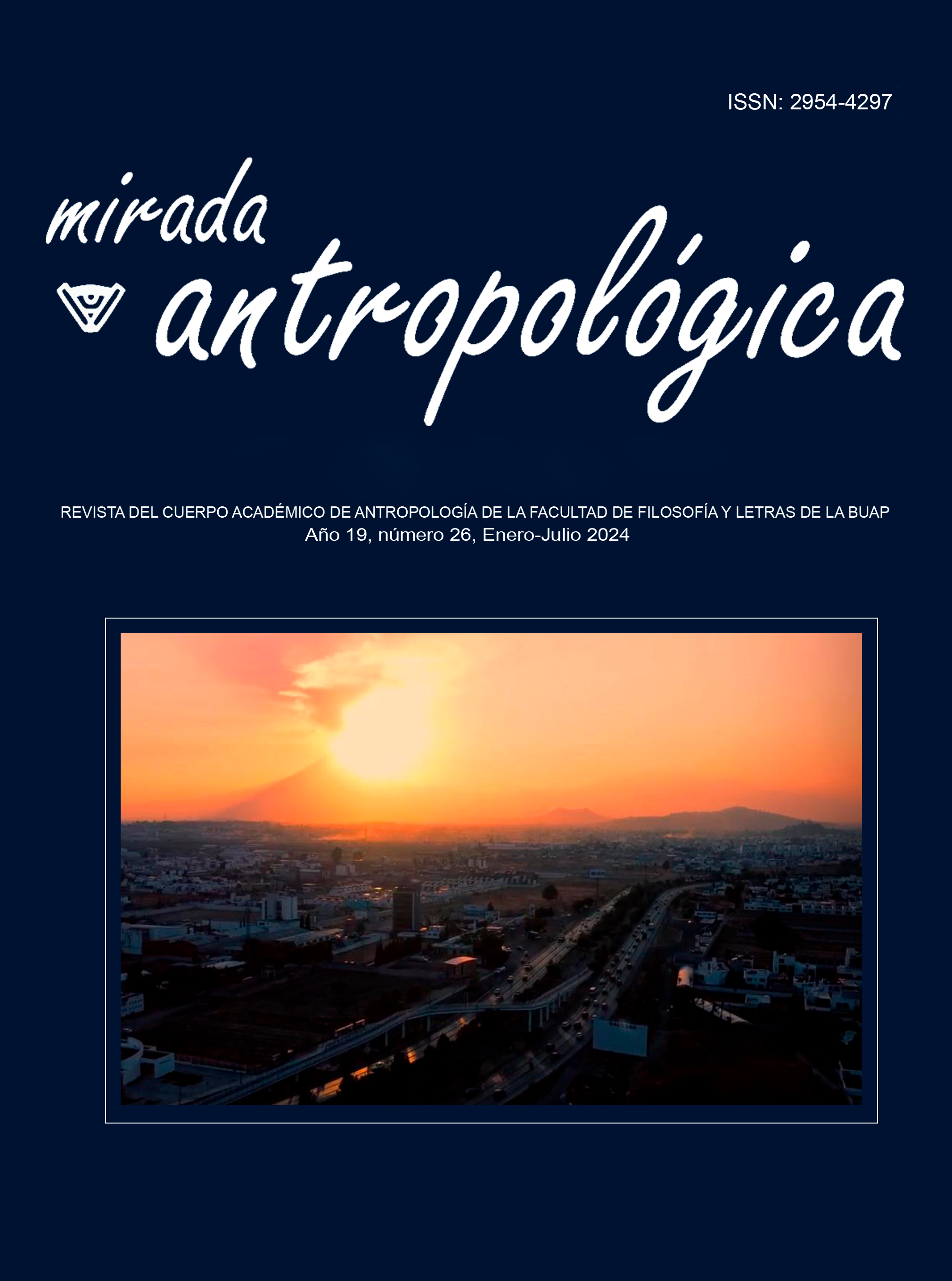The Territoriality: Beyond Geographical Space
Abstract
This study is an argumentative essay, based on the thesis of Marc Augé (1993), about the anthropological place, defined as a place charged with meaning and where practices that are shared by those who converge in it congregate. The methods used were text ethnography and content analysis; resorting to the musical narratives of three Zulian gaitas, whose authors highlight their spaces and characters as a reference of their collective identity, as well as to the interview to specialists, contrasting it with the theory approached in the aforementioned analysis. Regarding the place-identity relationship, the starting point was the question: who conditions whom? And taking into consideration Durkheim's (1898) theory of collective representations, Augé's (1993) anthropological place, and García Gavidia's (1996) symbolic codes, it was possible to conclude that the anthropological place and music are part of the codes used by man to establish his social identity; therefore, they condition their identity, thus answering the question formulated above.
References
Augé, M. (1993). Los no lugares. Espacios del anonimato. Una antropología de la sobremodernidad. Editorial Gedisa.
Durkheim, E. (1898). Las Representaciones Colectivas. Alianza Editorial.
Etimologías de Chile. (s/f). Territorio. Recuperado el 27 de septiembre de 2023. https://etimologias.dechile.net/?espacio
Etimologías de Chile. (s/f). Territorio. Recuperado el 27 de septiembre de 2023. https://etimologias.dechile.net/?territorio
Ferrer, L. (1977). Tierra Madre. [(Canción)]. En Rincon Morales 77. Velvet (2) – LPV 1758
García Gavidia, N. (1996). Consideraciones Generales sobre los Códigos utilizados en la invención, recreación y negociación de la Identidad Nacional. Revista Opción, Año 12, N° 20, Maracaibo, pp. 5-38.
Martínez, M. (2004). Ciencia y arte en la metodología cualitativa. Editorial Trillas.
Mejías, A. (2006). Días de alcoholado y polvo Sonrisa. Viejo Zulia, marzo, 42-43.
Nava Urdaneta, I. (2017). El discurso musical venezolano. Una herramienta para leer/narrar el mestizaje. Editorial Académica Española.
Pirela, N. (1972). Sentir Zuliano. [(Canción)]. En El Negrito fullero. Promus.
Romero, A. (1985). El Barbero. [(Canción)]. En Gaiteros de Pillopo 1985. Velvet de Venezuela S.A.
Universal Trophe. (10 de abril de 2019). Tapara. https://universaltrophe.home.blog/ 2019/04/10/tapara
Copyright (c) 2024 Moral rights belong to the author. The patrimonial rights belong to the Benemérita Universidad Autónoma de Puebla.

This work is licensed under a Creative Commons Attribution-NonCommercial-NoDerivatives 4.0 International License.






